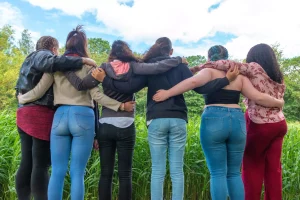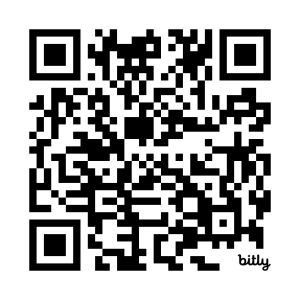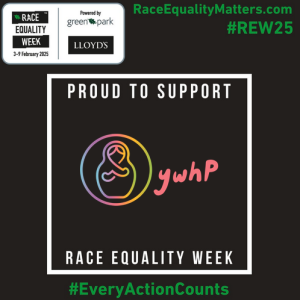This placement has resulted in the piloting of Creative Movement Support as part of the overall package of therapeutic support available for YWHP clients.
So, what is Dance Movement Psychotherapy (DMP)?
While most forms of psychotherapy use talking as a main method, dance movement therapy also brings in physical movement to help you feel a greater connection between your mind, body, emotions, sense of spirit, and capacity to communicate.
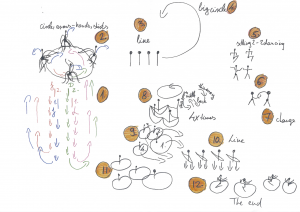
The benefits?
Dance therapy can offer one or more of the following benefits, amongst others:
- alleviate anxiety
- understand yourself better
- have a greater sense of who you are and more self-awareness
- better at expressing yourself and your emotions
- feel more confident
- increased energy
- set better personal boundaries
- understand the way you relate to others more clearly
- have a better ability to stay in the here and now
- a greater ability to relax
- increased empathy for yourself and others
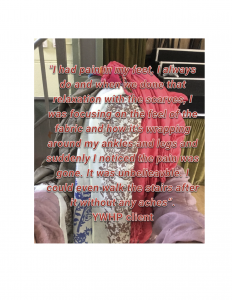
The response from YWHP clients and workers has been fantastic. Clients, who normally have found it very difficult to engage with more formal, “talking” therapies, have found that the work they have done with Janka has enabled them to open up and find new avenues for expressing themselves and how they feel; others have been amazed at the feeling of well being that has resulted from the sessions.
“Working through issues that young women face with expressive bodywork and symbolic movement is a really rewarding and interesting journey. Working with this creative therapeutic tool enables me to have a clearer insight to their views about the world around them, their attitudes towards themselves and others. It is also a really helpful method to track changes in their relations to self and others which could be an area of dynamic change for young women. The artistic language of movement and dance enhances sense of belonging and supports integration of experiences. Most clients feedback feeling emotionally stable and calmer by the end of sessions and also speak of having found ease of expressing themselves which they usually struggle with verbally. I feel extremely lucky being able to witness this process of self-actualization through the unique individual ways of my clients. After every session I feel I have learned something from/about our young women and I feel better/deeper connected to their story and worldviews that also informs my direct practice. The bravery, resilience of my clients that enables them to turn their lives around leaves me humbled every time”. JK 2018
The use of Creative Movement is proving to be a natural “fit” with YWHP’s existing therapeutic programmes; enhancing and deepening the support that we are able to offer and we aim to continue to develop this work over the coming months and years.
